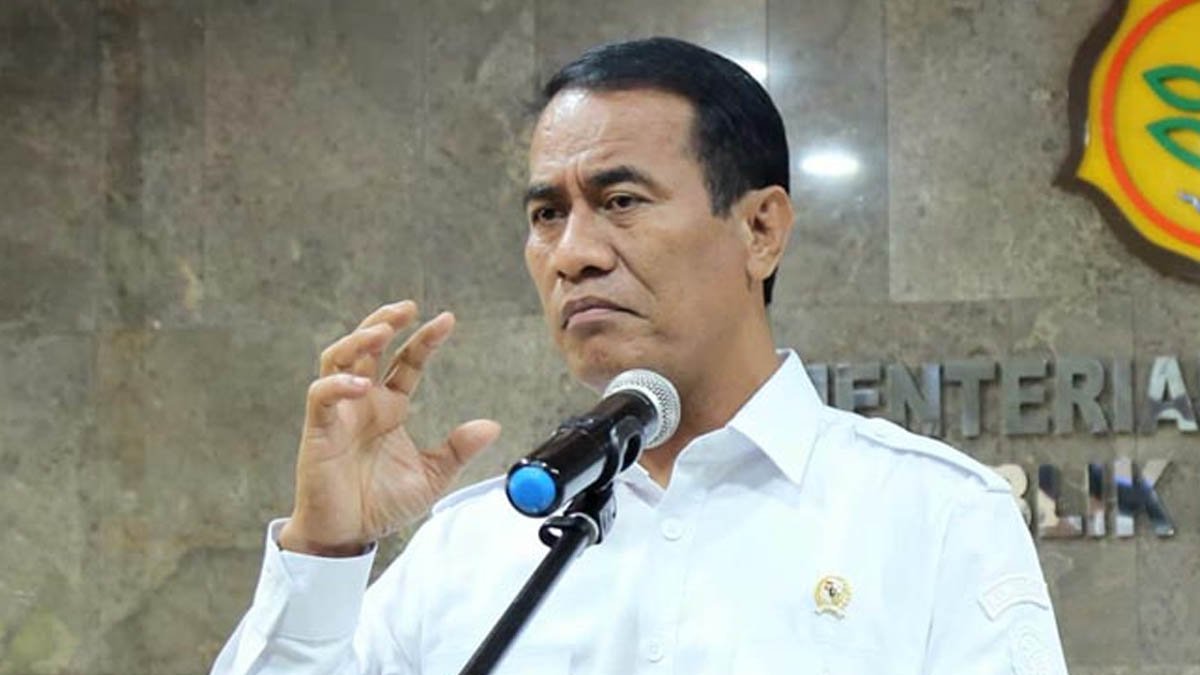PALMOILMAGAZINE, MAKASSAR – Indonesia’s Minister of Agriculture, Andi Amran Sulaiman, has reaffirmed the country’s strong stance against any external interference in its palm oil industry. Speaking at the opening of the 3rd General Assembly and the inauguration of three regional IKA and two faculty IKA in Makassar, South Sulawesi, on Friday (Feb 21), he emphasized that Indonesia is prepared to take firm action against countries attempting to hinder its palm oil sector.
Minister Amran shared that he recently met with the ambassadors of France and Russia to discuss various issues, including palm oil. He made it clear that as long as Indonesia faces trade barriers on crude palm oil (CPO) exports, the country will not accommodate the demands of these nations.
“We just received the ambassadors of France and Russia. Four days ago, we had discussions. They proposed several things, but I made it clear—if our CPO faces disruptions, we will not meet their demands. We must be firm,” said Amran.
Also Read: Managing Deforestation Perceptions for Sustainable Growth
He also dismissed environmental concerns often raised against Indonesia’s palm oil industry, arguing that they lack strong evidence. The government, he stated, has made significant efforts to ensure environmental sustainability and improve forest conditions.
“We have worked hard to restore forests and protect the environment. We told them—do not interfere with us. When their interests are affected, they raise their voices, but when our interests are at stake, we remain silent. Indonesia has been too generous,” he asserted.
As a concrete measure, Minister Amran warned that if disruptions persist, Indonesia will halt biofuel exports, which currently total 5.3 million tons. He specifically pointed out that Europe would be significantly impacted by such a move.
Also Read: EU Ensures Continued Palm Oil Trade Amid EUDR Implementation
“If they continue to cause trouble, we will stop exports. Europe imports 2.3 million tons—imagine the consequences if we cut off their supply,” he stated.
He further explained that Indonesia imports around 5.3 million tons of raw materials for diesel production. Should Indonesia withdraw the same volume from the global market, it would cause a major shift in CPO prices.
“Reducing our supply by just 20 percent could double our foreign exchange earnings. If we completely halt CPO exports, prices could rise by 100 percent, potentially generating IDR 450 trillion. If prices double, we could reach IDR 1,000 trillion in foreign exchange revenue,” he explained.
Amran remains optimistic that this strategic approach will help Indonesia achieve its goal of becoming a global food powerhouse.
“If we control CPO, biofuel, and food supply, our dream of making Indonesia a global food power will become a reality,” he concluded. (P2)
